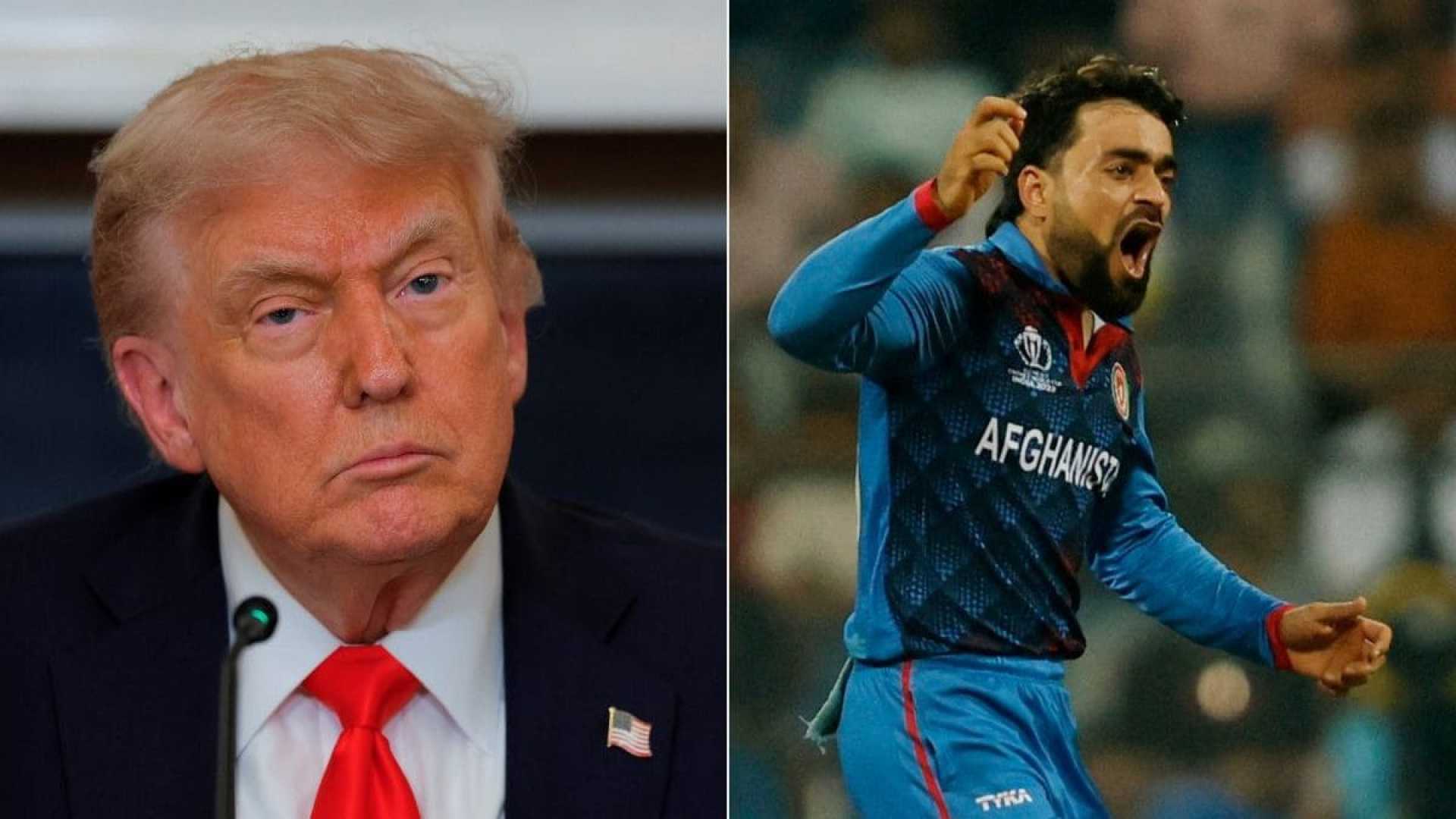Sports
US Travel Ban Raises Concerns Ahead of World Cup and Olympics

WASHINGTON, D.C. — The United States is preparing to host two major sporting events, the 2026 FIFA World Cup and the 2028 Olympic Games, but a new travel ban imposed by President Donald Trump is raising concerns about accessibility for athletes and fans.
On June 4, Trump announced a travel ban against citizens from 12 countries, including Iran and Haiti, citing national security reasons. This ban will affect both immigrants and non-immigrants, temporarily restricting their entry into the United States.
Organizers for the Los Angeles Olympics expressed confidence that the travel ban will not disrupt their preparations. LA28 chair Casey Wasserman stated that the directive allows for special consideration for athletes and teams. “We have great confidence that this will only continue,” he said.
The travel ban includes outright restrictions for travelers from Afghanistan, Myanmar, Chad, and others, while seven additional countries face partial restrictions. Notably, Iran has already qualified for the World Cup, and Haiti is among the teams competing in the upcoming Concacaf Gold Cup.
While athletes may be exempt from the ban, the same does not apply to fans. U.S. State Department spokesperson Tommy Pigott emphasized that considerations around security remain critical. “We want people to be able to stop in and enjoy these events,” he said.
The ambiguity in defining what constitutes a “major sporting event” raises further questions. Events like the FIFA Club World Cup, starting June 14, and the ongoing Gold Cup invite uncertainty for participants from affected countries.
Concerns have already emerged regarding ticket sales and attendance figures for the Olympic Games, especially considering that fans from the restricted countries may not be able to attend. Wasserman indicated he does not expect significant impacts on ticket sales, but the situation remains fluid.
FIFA, which is set to host the World Cup across the U.S., Canada, and Mexico, has yet to respond publicly to the implications of the travel ban. However, previous instances have shown that travel restrictions can hinder the participation of teams and their supporters.
As the U.S. continues its preparations for these high-profile events, the administration’s travel policy is likely to face scrutiny from both sports organizations and international officials. The outcome remains to be seen as the situation evolves.












